Sonos CEO Patrick Spence in an apology to customers on Thursday said it was a mistake to completely cut off support for "legacy" devices, adding that older devices will receive software updates "for as long as possible."
On Wednesday, Sonos announced it would drop support of so-called "legacy products" in May. The strategy precluded devices from receiving regular software updates, including those with bug fixes.
As can be expected, the announcement ruffled the feathers of stalwart Sonos fans, many of whom took to social media to decry the company's decision.
In what appears to be a response to the ensuing public outcry, Spence backpedaled in an email to customers today, reports CNBC.
"We did not get this right from the start," he said.
Modifying its stance on the matter, Sonos has promised to push out software updates to squash bugs and patch security holes for old products. Likely due to hardware constraints, however, the devices will not benefit from new software features.
"While legacy Sonos products won't get new software features, we pledge to keep them updated with bug fixes and security patches for as long as possible," the letter reads. "If we run into something core to the experience that can't be addressed, we'll work to offer an alternative solution and let you know about any changes you'll see in your experience."
Sonos is also working on a solution to split user devices into two groups, "modern" and "legacy," so that both can coexist in the home. Modern products will work together and receive the latest software features, while older products are separated into their own group but remain "in their current state." The company expects to release more information on the matter in the coming weeks.
 AppleInsider Staff
AppleInsider Staff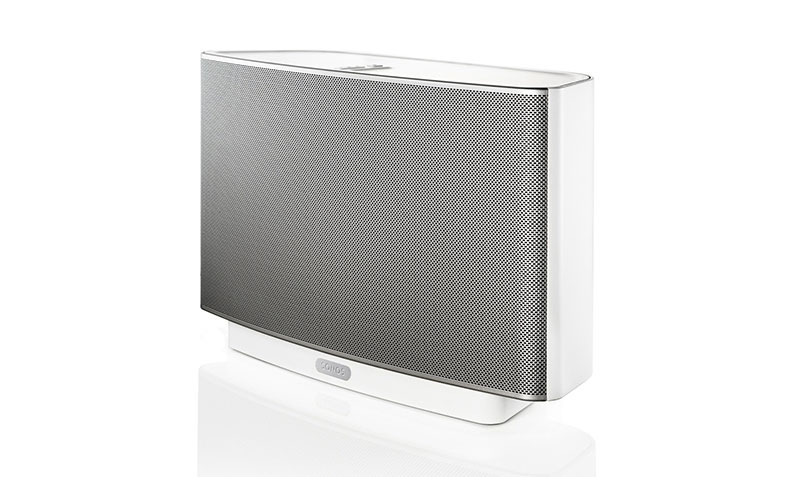
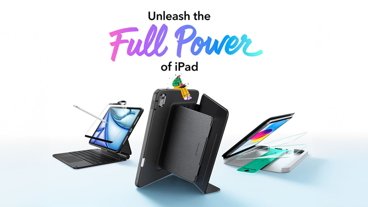


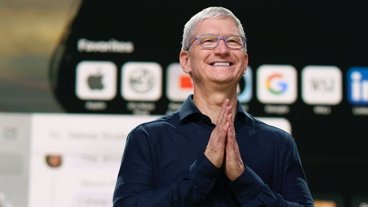
-xl-(1)-xl-xl-m.jpg)


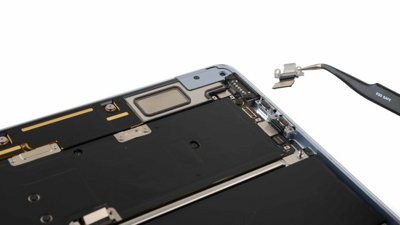
 Marko Zivkovic
Marko Zivkovic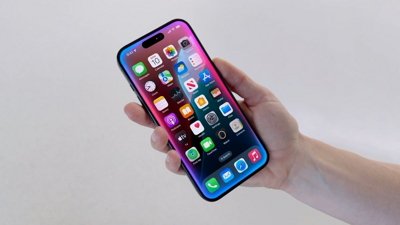
 Amber Neely
Amber Neely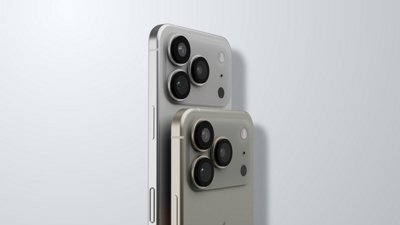
 William Gallagher
William Gallagher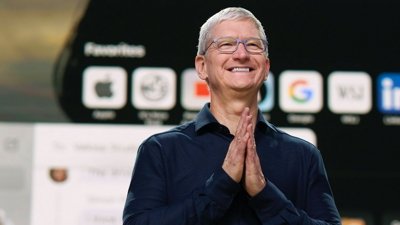
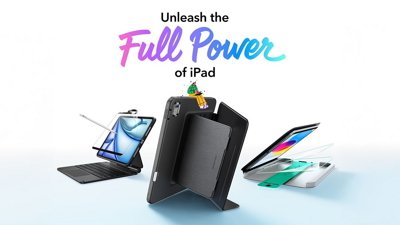
 Sponsored Content
Sponsored Content
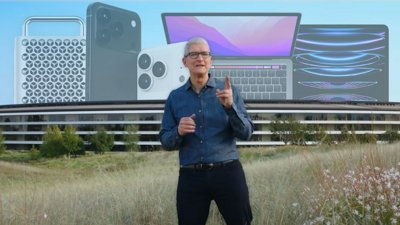
 Malcolm Owen
Malcolm Owen
 Mike Wuerthele
Mike Wuerthele







11 Comments
Good response.
So basically the products will continue to work, as we knew they already would, except now you may or may not get bug fixes and security hole patches. I would not expect anything from them nor should any owner. With the exception of 1 or 2 of the products they are dropping support for most are ancient by consumer electronics standards. At some point they will stop working with the various streaming services who can and do change protocols. Any auxiliary inputs should work until the units break.
I do like that when you trade an item they brick it so it cannot be resold and thus potential be a unit that have to keep supporting.
I think half the problem was in their wording. It basically came off as “No updates for any of your devices until you upgrade/throw out your old speakers, and here is a discount to re-buy more of our equivalent products.”
They should have looked to see how other brands manage older devices, Apple’s approach with the “vintage” labelling is a good example, that and they shouldn’t have been selling, (read: milking) a legacy device up until 2015.
Welcome to the disposable capitalist world of the 21st century, where everything except your Mac is a commodity. Whilst the rest of the world burns, Corporate America, with the exception of Apple, believes that shipping crap products in volume is the solution. My local supermarket was selling an HP inkjet yesterday for 75% off retail, about $12, retail was only $60, this is not good for the planet.